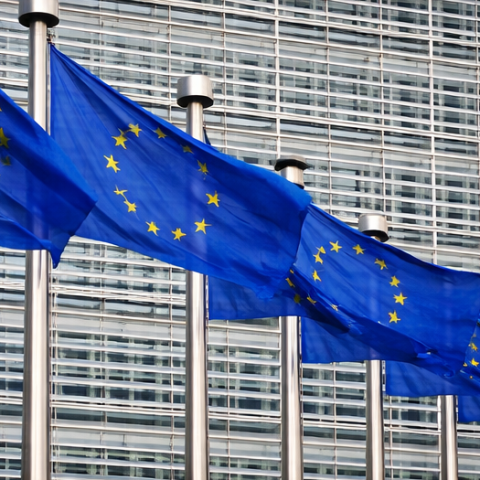TIRANA, April 8 – Albania’s government is preparing to approve large wage increases in the public sector that could lead to the average salary going up 60 percent by 2024, Prime Minister Edi Rama has announced.
According to the government, the new system of public sector wages will bring the average pre-tax salary to 900 euros per month.
The move comes after the government recently also increased the minimum wage and promised to give a one-time bonus for pensioners just ahead of the local administrative elections.
Mr. Rama says private businesses will be pushed to increase wages for their workers if they want to do business with the government or benefit from public funding.
The heavy publicity campaign over the increases has led to concerns among experts that it is being used as a populist political tool to woo voters and that increasing wages beyond what is needed to meet high inflation could be economically damaging to the country in the long term.
Prime Minister Edi Rama has said that there will be an immediate increase for teachers, for the military and police structures, as well as for doctors and nurses. For the rest of the public sector workers, the new system will come into effect after parliament approves the government’s draft law on the matter.
The public administration is expected to see an increase of 22 to 61 percent by 2024. Most of the salary increase is expected to happen after the approval by the parliament, while the remaining part, next year.
According to the government’s draft act, seen by media like the VoA, a strong increase is also foreseen for senior government officials, with MPs getting the highest salary increase of 90 percent.
According to the authorities, this intervention comes as a response to the problem of non-competitive salaries that the public sector has, compared to the private sector, but also the countries of the region, the phenomenon of the departure of experienced employees, and difficulties in recruiting qualified staff.
The new scheme is expected to cost the state budget 38 billion leks or nearly 340 million euros.
The Minister of Finance Delina Ibrahimaj said the expenditure will be covered by maintaining the fiscal consolidation and the main parameters of the fiscal policy, and that the debt reduction will continue.
But experts such as Ms. Ibrahimaj’s predecessor, who is now an economic professor, Arben Malaj points out that Albania risks mid- and long-term economic problems if wages are increased artificially and are not reflective of a stronger and more productive economy.
“For 10 years the growth has been symbolic. Right on the eve of the local elections, we see a promise of high salary increases. If wage growth is not supported by productivity growth, it will not be sustainable growth. If we increase salaries, pensions, and give bonuses simply from the income we received from high inflation, it is not a sustainable source,” Manaj told Vision Plus TV.
Albania’s government recently raised the minimum wage by 18 percent, a move business representatives say they were not consulted on.
Despite the state’s moves to increase wages, the market had already worked to increase the wages far beyond the minimum wage as Albania is struggling to retain workers and the country is in the midst of another emigration wave.










